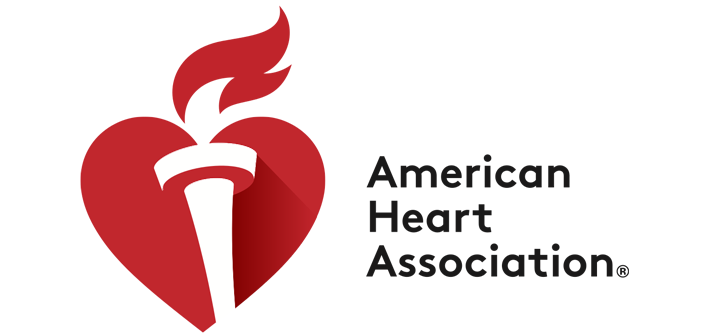American Heart Association Releases Statement on Low-Dose Aspirin Therapy
The American Heart Association’s (heart.org) Volunteer President Donald M. Lloyd-Jones, M.D., Sc.M., FAHA has released a statement regarding the U.S. Preventive Services Task Force’s (USPSTF) final recommendations on low-dose aspirin therapy for the primary prevention of cardiovascular disease in adults. The USPSTF announced that people who have a history of heart attack, atrial fibrillation (AFib), stroke, or vascular stenting should continue to take low-dose aspirin, as directed by their doctor. For people who have no history of cardiovascular disease or stroke, low-dose aspirin is not recommended for prevention of heart attack or stroke, particularly for adults with higher risk for bleeding. In consultation with their physician, select middle-aged adults may benefit from low-dose aspirin therapy if they are at high risk for heart attack or stroke due to risk factors such as smoking, hypertension, Type 2 diabetes, high cholesterol, or significant family history.
“If you are already taking low-dose aspirin because you have had a heart attack, stroke, or stenting or you have a history of AFib, continue to take it as directed by your physician; this new guidance about low-dose aspirin does not apply to your situation. Do not stop taking aspirin without first talking with your doctor,” said Lloyd-Jones. “The new guidance revising the recommendations on the use of low-dose aspirin strictly applies to adults who have not had a cardiovascular event or any heart disease diagnosis: low-dose aspirin is not appropriate to prevent a first heart attack or stroke in most people. Due to the blood-thinning effects of aspirin, research continues to indicate that for most adults the risk of bleeding may be greater than the number of heart attacks or strokes actually prevented.”
The American Heart Association is a relentless force for a world of longer, healthier lives and includes the American Stroke Association. Learn more by visiting heart.org or by calling 1-(800) AHA-USA1.

